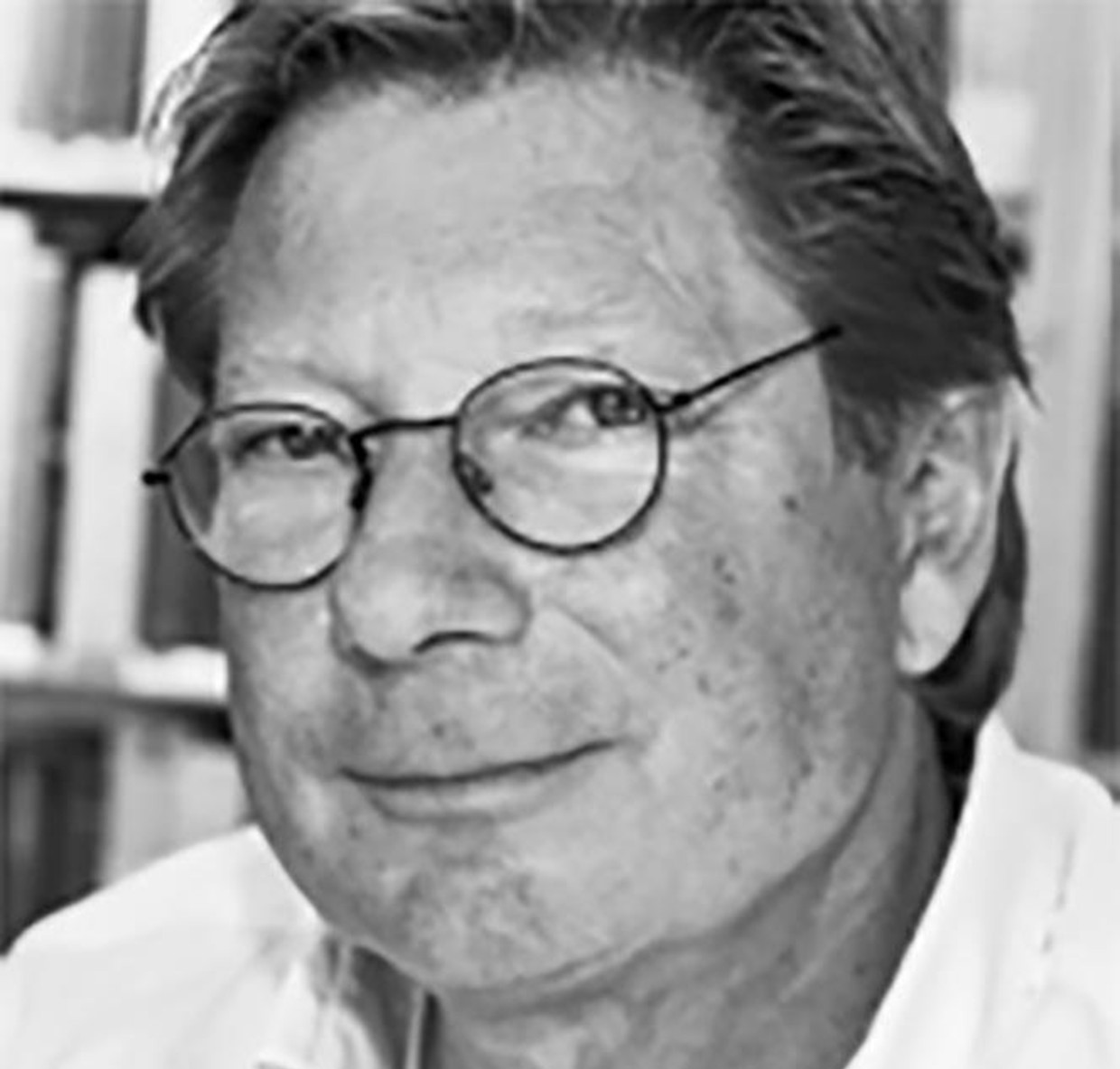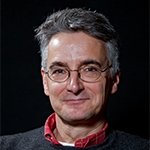Raphael was a prominent member of a network that would have a dramatic impact on cultural history, including the most prominent humanists and antiquarians of the period. During this course we will look at the way Antiquity was interpreted by Raphael and his peers, and at the reception of Raphael’s antiquity by subsequent generations. Most of all we will discuss and visit the Roman works of the master himself, in painting, drawing, architecture and antiquarian scholarship.
Deel deze paginaClassical Receptions and the Creation of Classics
NKV/OIKOS/KNIR seminar for (R)MA and PhD students
Five-hundred years ago, on Good Friday, April 6th, 1520, the painter Raphael died in Rome after a brief illness, exactly 37 years after his birth, also on Good Friday, in Urbino. Even though ‘but’ an artist, at his death he was a prominent member of a network that would have a dramatic impact on cultural history, including the most prominent humanists and antiquarians of the period.
The ‘religion of art’ has subsequently enshrined Raphael among its major saints. Yet judging from the evidence in funerary poems and letters to the shock Raphael’s death caused, his involvement at that time in the project of reconstructing the ancient city of Rome in drawing and text was what impressed his contemporaries most. If little of this project remains today, this only illustrates the sharp contrast between contemporaries’ evaluation of Raphael’s importance in handling the heritage of classical antiquity, and modern interests directed primarily at the painter’s artistic excellence.
This course studies this paradox and its causes, looking both into the classics that ‘went into’ Raphael’s generation, and the vicissitudes of the subsequent High Renaissance paradigm. Classical Receptions in theory and practice will therefore be our central preoccupation: both the way Antiquity was interpreted by Raphael and his peers, and the reception of Raphael’s antiquity by subsequent generations from Bernini, Carracci and Reni to Canova and the Nazarenes. Most of all we will discuss and visit the Roman works of the master himself, in painting, drawing, architecture and antiquarian scholarship, and on locations usually closed to the public like the Vatican Logge or the Villa Madama.
Target group
The course is open to a maximum of 15 selected (RMA) and PhD-students in classics, (art) history, general and comparative literature, heritage studies, cultural studies or related disciplines from KNIR partner universities (Universiteit van Amsterdam, Vrije Universiteit, Universiteit Leiden, Universiteit Utrecht, Radboud Universiteit, Rijksuniversiteit Groningen).
Course format and assessment
The course is organized by and hosted at the Royal Netherlands Institute in Rome (KNIR). It consists of a 9 days intensive seminar period in Rome, with lectures, on-site visits and discussions. During the seminar, each participant delivers an oral presentation either at the institute or in situ on a topic of her/his choice (3 ECTS). Before and after the seminar participating students work independently on two written assignments:
• a written preparatory assignment (1.500 words), deadline 30 September 2020, 18.00h (1 ECTS)
• a concluding essay (6.000 words), deadline 23 December 2020, 18.00h (1 ECTS)
Assessment takes place on the basis of preparatory assignment, based on the study of course material (20%), active participation and on-site presentation (30%), and the concluding essay (50%).
Literature
D. Rijser, Raphael’s Poetics. Art & Poetry in Renaissance Rome, Amsterdam 2012.
Digital reader.
Costs
Tuition and lodging at the KNIR is free for selected participants from the above-mentioned Dutch universities. Personal expenses, including meals, are not included. Students receive a €100 reimbursement of their expenses for travelling to Rome after submission of their final essay.
Facilities in Rome
All participants will be housed at the Royal Netherlands Institute in Rome’s Villa Borghese Park. From there, it is only a short walk to the historical center of Rome. The KNIR accommodation consists of shared bedrooms and bathrooms, and includes a living and dining space, a large kitchen, washing machine and wireless internet.* All residents have 24/7 access to the library and gardens of the Royal Netherlands Institute.
* The KNIR accommodations comply with all safety and health requirements, also in light of COVID-19.
Application and admission
The selection of (R)MA students is based on grades, the positioning of the course in the student’s curriculum, and a letter of motivation. The selection of PhD students is based on the letter of motivation and curriculum vitae. Students can apply via the link below; include in your application:
• a letter of motivation (max. 1 A4)
• a cv
• for (R)MA students: a recent list of courses followed and grades provided by your university
More info
E-mail: secretary@knir.it
Phone: (+39)063269621


